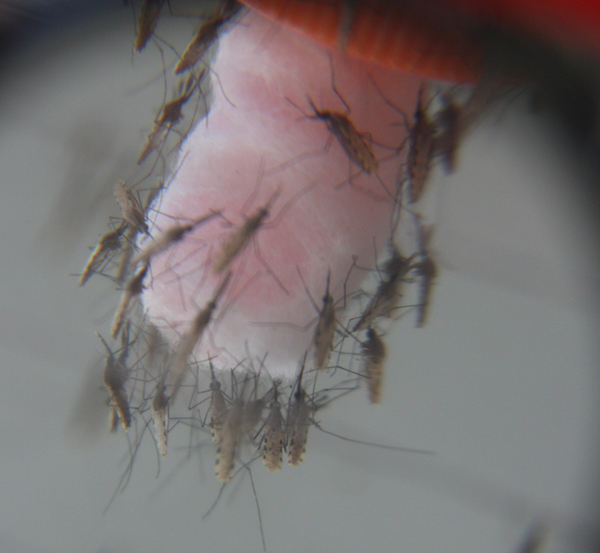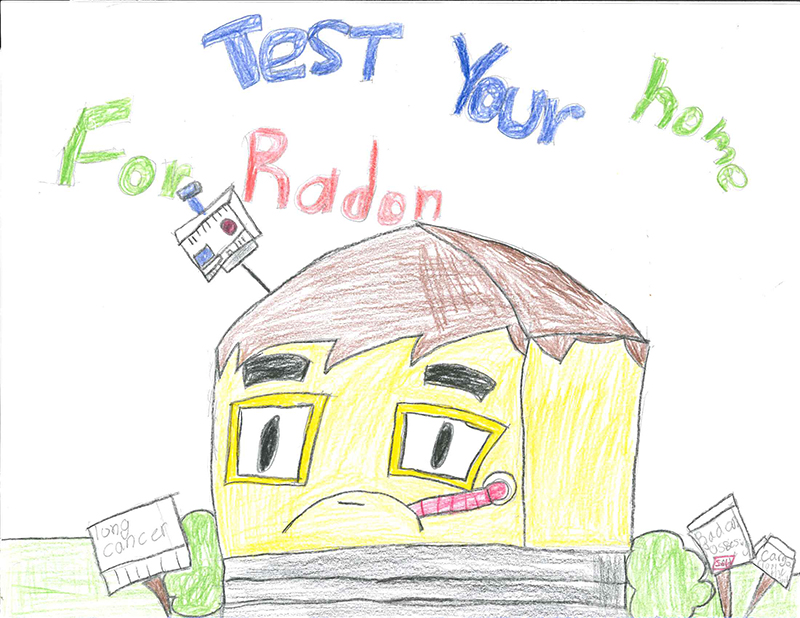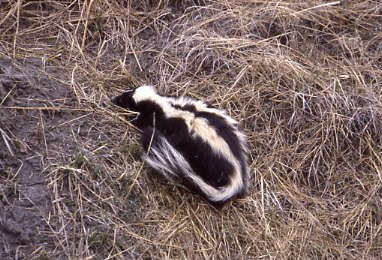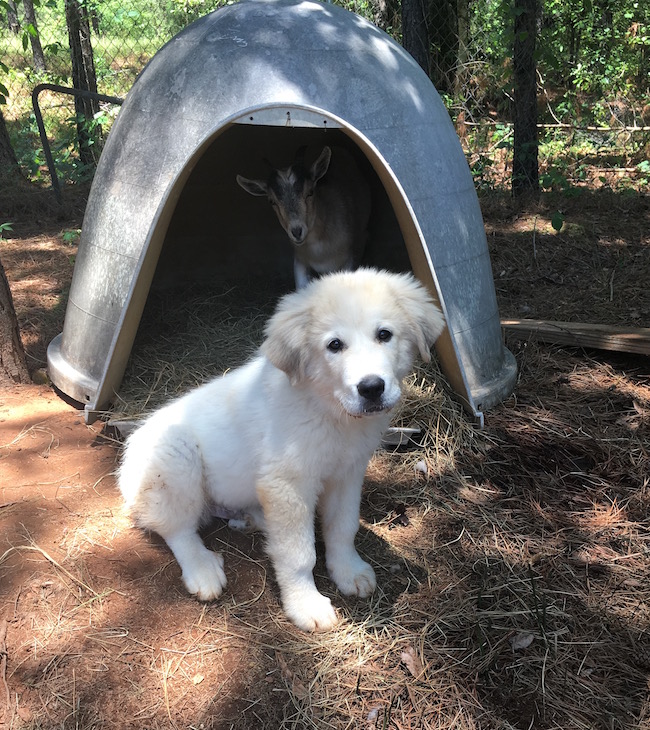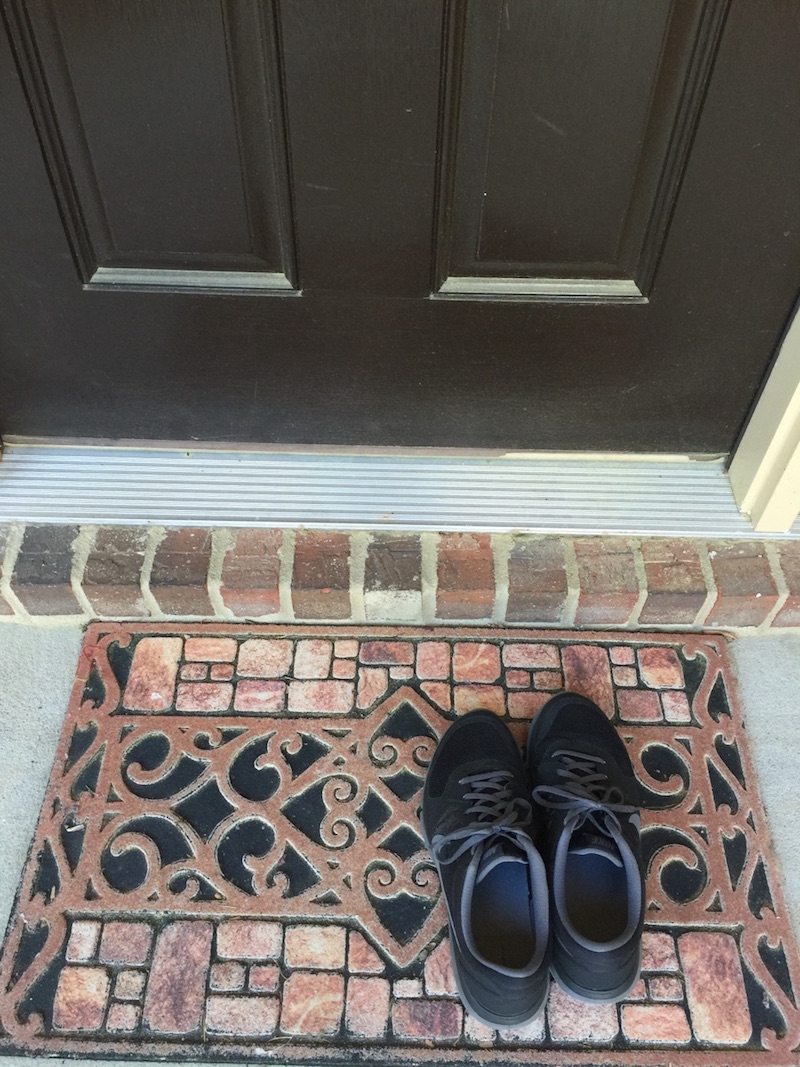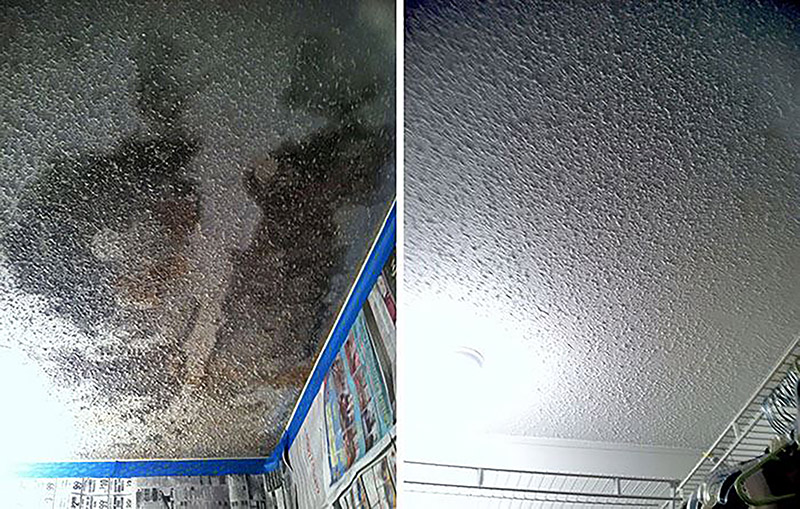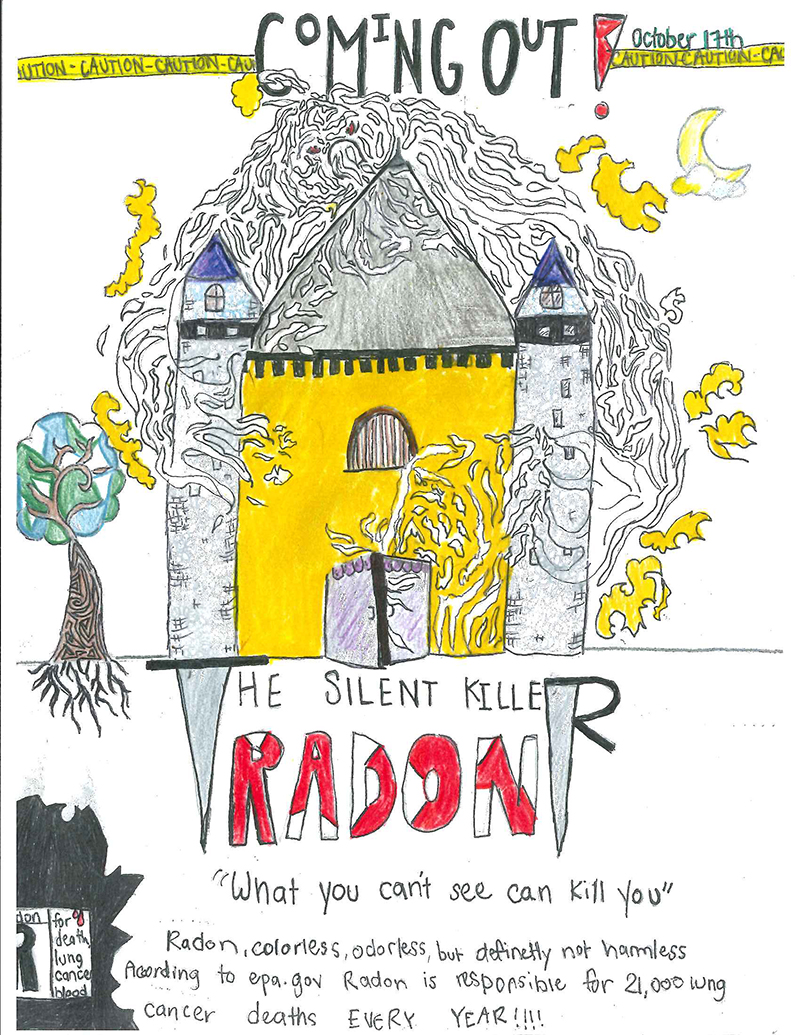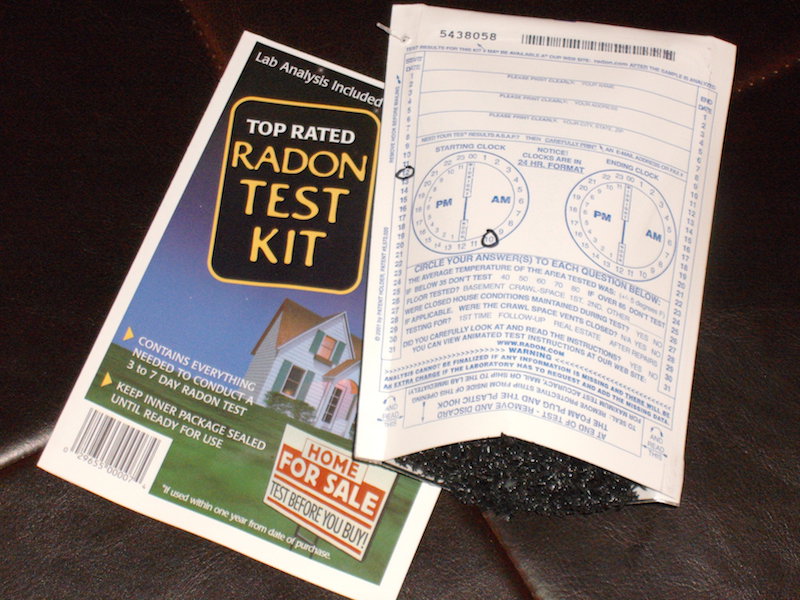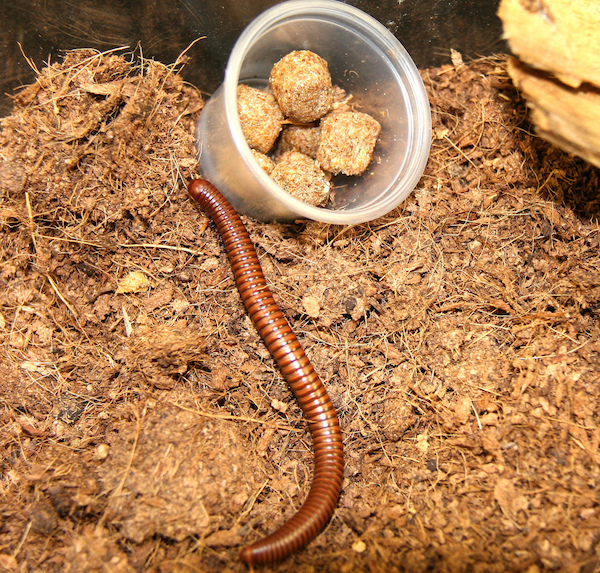 CAES News
CAES News
Creepy Crawlers
Millipedes and centipedes often come indoors and strike fear in homeowners. Millipedes aren’t poisonous, but some species can secrete chemicals that can irritate the skin and eyes and cause allergic reactions. Centipedes seldom bite, but their jaws contain poison glands.

